In the quest for a healthy lifestyle, regular exercise plays a pivotal role. However, finding the best time to work out can be a challenge amidst our busy schedules and daily commitments. The truth is, there isn't a one-size-fits-all answer to this question.
The ideal workout time varies from person to person based on factors such as individual preferences, energy levels, and physiological responses. By understanding your body and considering certain key factors, you can determine the best time to work out and optimize your fitness routine.
Consider Your Energy Levels
One of the essential factors to consider when determining the best time to work out is your energy levels throughout the day.
Some individuals naturally feel more energized and motivated in the morning, while others find their energy peaks later in the day. Pay attention to your own energy patterns and listen to what your body tells you.
- Morning Workouts: If you tend to wake up feeling refreshed and energized, morning workouts might be your best bet. Exercising in the morning can jumpstart your metabolism, boost mental focus, and set a positive tone for the rest of your day. Additionally, starting your day with physical activity ensures that it doesn't get pushed aside by other obligations that may arise later on.
- Afternoon/Evening Workouts: If you find yourself sluggish in the morning but experience an energy surge in the afternoon or evening, working out later in the day may be more suitable for you. Exercising during this time can help release pent-up stress and tension from the day, providing a natural energy boost to power you through your workout.
Consider Your Schedule and Lifestyle
Another crucial factor to consider is your schedule and lifestyle. While energy levels are important, the best time to work out ultimately depends on when you can realistically commit to consistent exercise. Take into account the following:
- Work Schedule: If you have a demanding job or a fixed work schedule, find a time that aligns with your work commitments. It could be early in the morning before work, during your lunch break, or in the evening after you've finished your workday.
- Family and Personal Commitments: Consider your family and personal commitments when planning your workout time. If you have young children, early mornings or evenings might be challenging. In such cases, finding pockets of time during the day, such as during nap times or while they're at school, can be more feasible.
- Personal Preferences: Exercise should be enjoyable and something you look forward to. If you're not a morning person and dread the thought of early workouts, it's perfectly fine to explore other options. Find a time that suits your personal preferences and makes you more likely to stick to your exercise routine.
Consider Your Fitness Goals
Your fitness goals can also influence the best time to work out. While consistency is key, different goals may benefit from specific workout timings:
- Weight Loss: If weight loss is your primary goal, some research suggests that exercising in the morning on an empty stomach may help maximize fat burning. However, the most important factor for weight loss is creating a calorie deficit through exercise and a balanced diet, regardless of the workout timing.
- Performance and Endurance: If you're training for a specific sport or focused on improving performance and endurance, late afternoon or early evening workouts might be beneficial. During these times, our body temperature is slightly higher, and our muscles tend to be more flexible, potentially enhancing performance.
- Sleep Quality: While exercise at any time of the day can promote better sleep, some individuals may find that evening workouts energize them too much, making it harder to wind down before bedtime. If you're sensitive to late-day exercise affecting your sleep, consider working out earlier in the day.
Experiment and Listen to Your Body
Ultimately, the best way to determine the optimal workout time is through experimentation and listening to your body. Try different workout timings and assess how you feel during and after each session.
Notice your energy levels, focus, and overall enjoyment. Find the time that allows you to give your best effort and fits seamlessly into your lifestyle.
It's important to note that consistency matters more than the specific workout time. Establishing a routine and sticking to it, regardless of the time, is key to achieving your fitness goals.
The most effective workout time is the one that works best for you and allows you to maintain a consistent exercise routine over the long term.
Note: Determining the best time to work out requires a thoughtful consideration of factors such as energy levels, schedule, personal preferences, and fitness goals. Listen to your body, experiment with different timings, and prioritize consistency.
Remember, the most important thing is to find a time that works for you, so you can fit in fitness and enjoy the benefits of regular exercise.
15 Ways to Find Best Time to Workout with a Busy Schedule










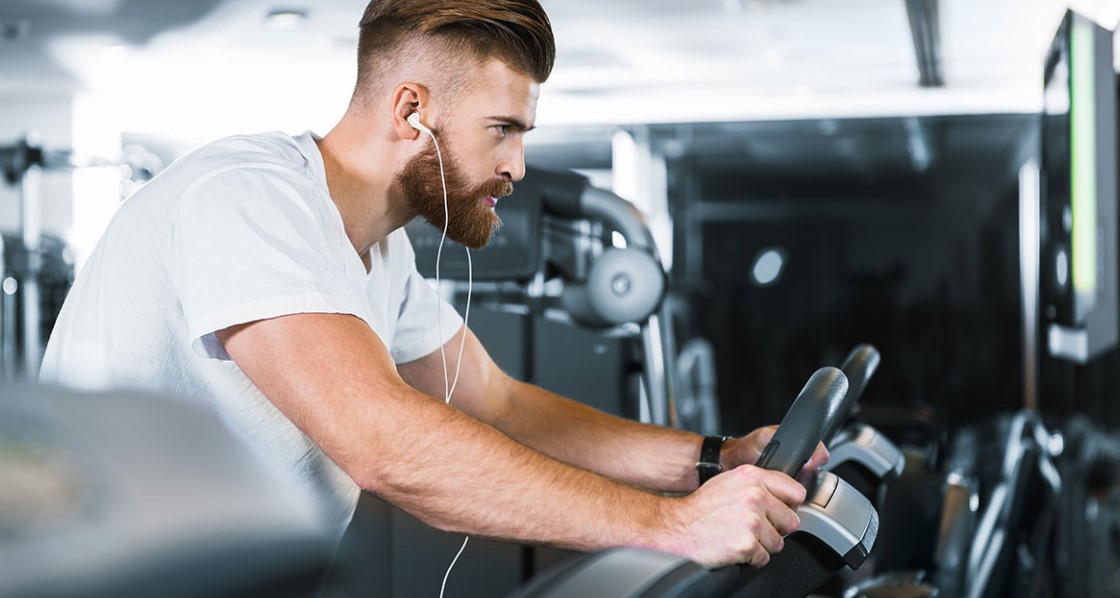

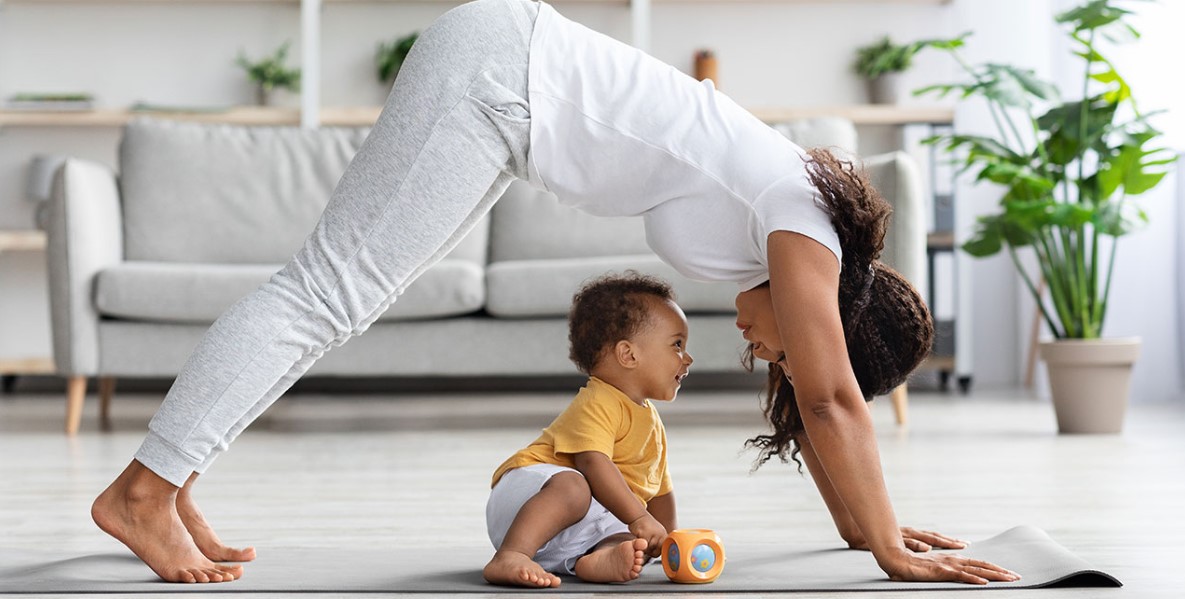
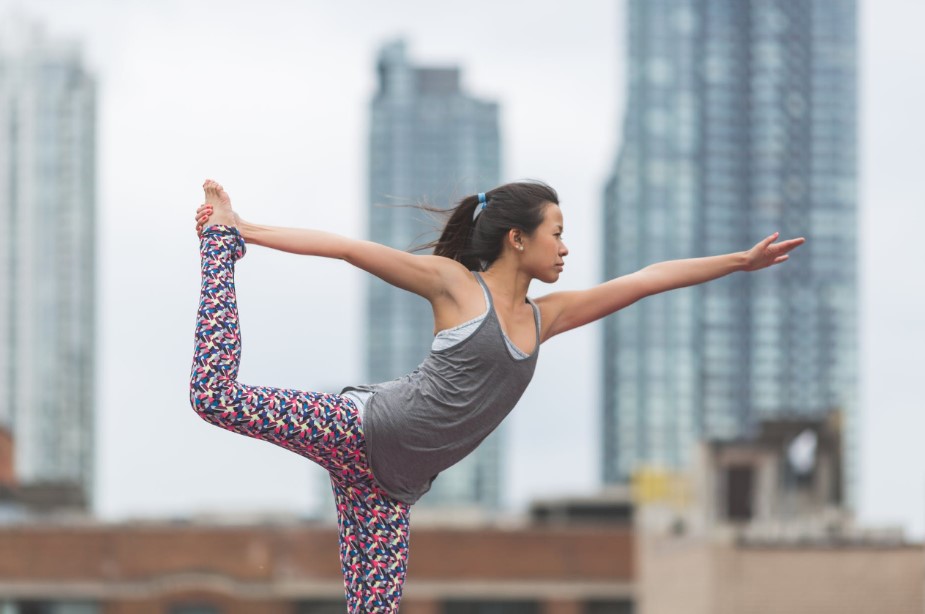

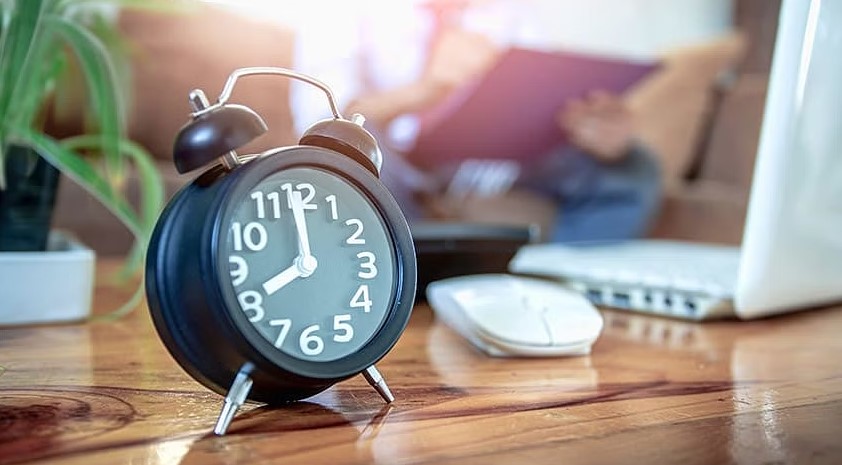
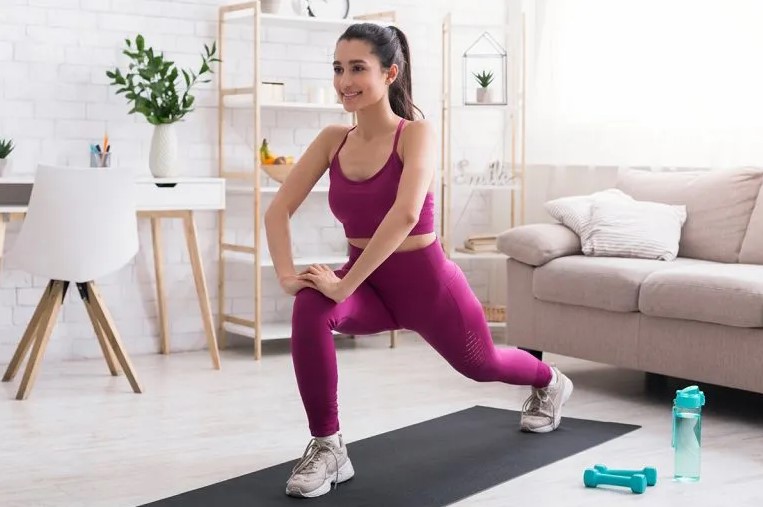










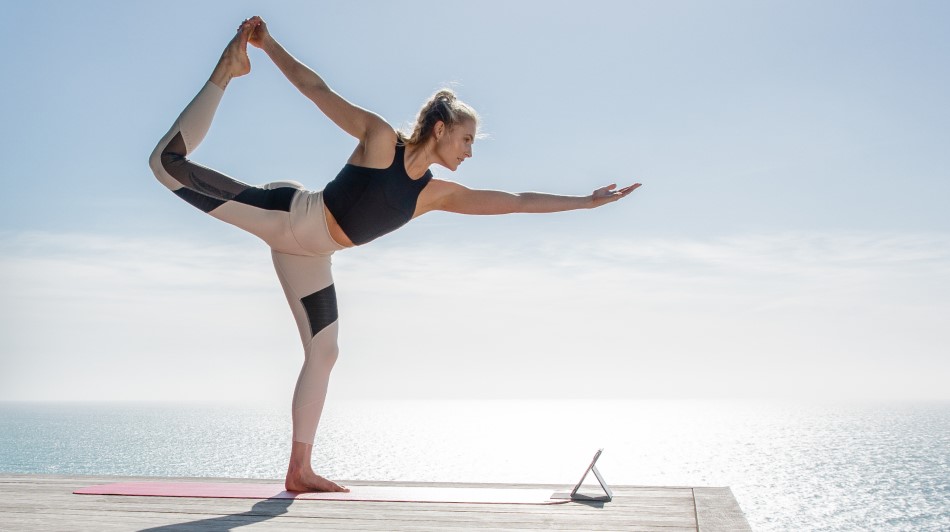









No comments